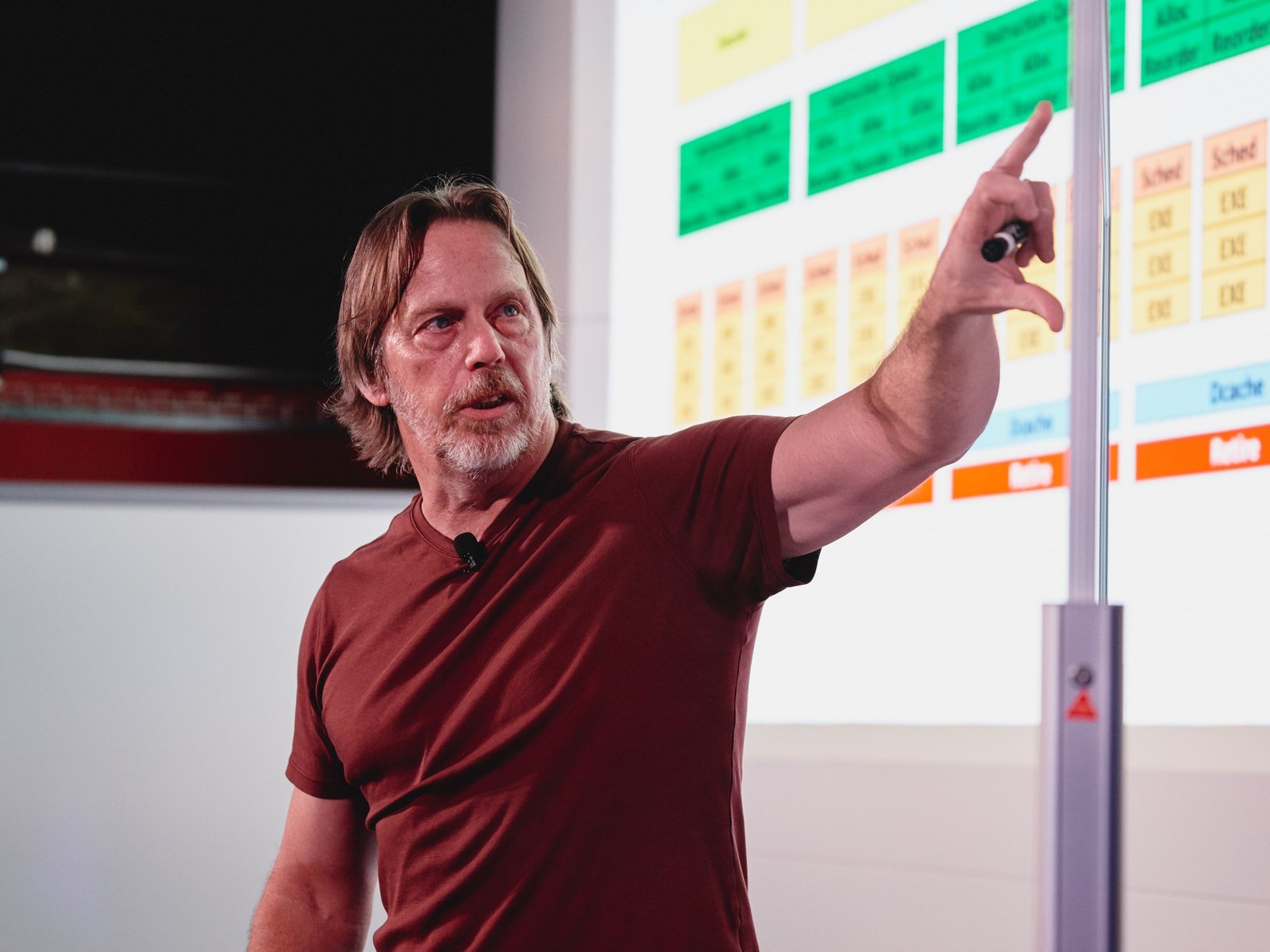- Sep 11, 2014
- 1,488
- 5,114
- 136
Changes in Intel’s Technology, Systems Architecture and Client Group
Jim Keller to Depart Intel; New Leaders Named
SANTA CLARA, Calif., June 11, 2020 – Today, Intel announced that Jim Keller has resigned effective June 11, 2020, due to personal reasons. Intel appreciates Mr. Keller’s work over the past two years helping them continue advancing Intel’s product leadership and they wish him and his family all the best for the future. Intel is pleased to announce, however, that Mr. Keller has agreed to serve as a consultant for six months to assist with the transition.
Intel has a vastly experienced team of technical leaders within its Technology, Systems Architecture and Client Group (TSCG) under the leadership of Dr. Venkata (Murthy) Renduchintala, group president of TSCG and chief engineering officer. As part of this transition, the following leadership changes will be made, effective immediately:
link
Jim Keller to Depart Intel; New Leaders Named
SANTA CLARA, Calif., June 11, 2020 – Today, Intel announced that Jim Keller has resigned effective June 11, 2020, due to personal reasons. Intel appreciates Mr. Keller’s work over the past two years helping them continue advancing Intel’s product leadership and they wish him and his family all the best for the future. Intel is pleased to announce, however, that Mr. Keller has agreed to serve as a consultant for six months to assist with the transition.
Intel has a vastly experienced team of technical leaders within its Technology, Systems Architecture and Client Group (TSCG) under the leadership of Dr. Venkata (Murthy) Renduchintala, group president of TSCG and chief engineering officer. As part of this transition, the following leadership changes will be made, effective immediately:
- Sundari Mitra, the former CEO and founder of NetSpeed Systems and the current leader of Intel’s Configurable Intellectual Property and Chassis Group, will lead a newly created IP Engineering Group focused on developing best-in-class IP.
- Gene Scuteri, an accomplished engineering leader in the semiconductor industry, will head the Xeon and Networking Engineering Group.
- Daaman Hejmadi will return to leading the Client Engineering Group focused on system-on-chip (SoC) execution and designing next-generation client, device and chipset products. Hejmadi has over two decades of experience leading teams delivering advanced SoCs both inside and outside of Intel.
- Navid Shahriari, an experienced Intel leader, will continue to lead the Manufacturing and Product Engineering Group, which is focused on delivering comprehensive pre-production test suites and component debug capabilities to enable high-quality, high-volume manufacturing.
link




